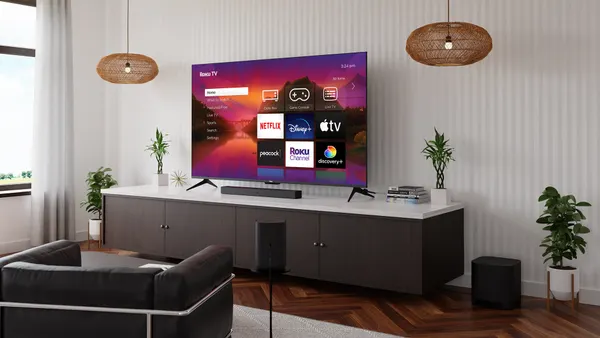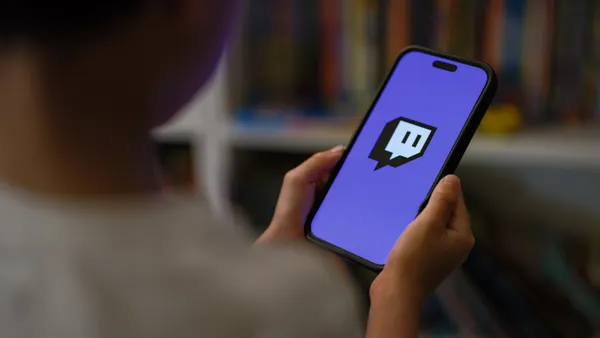Dive Brief:
- Google's offensive content boycotts continued this week unabated as Nestle announced it would freeze spend on Google and its YouTube property "pending reassurances from them on actions to address the problem of brand advertising appearing on inappropriate websites," a spokesperson told AdAge. Australian companies including Telstra and Foxtel, along with the Australian arms of Nestle and Vodafone, are pulling ads from YouTube and other Google platforms as well, Mashable said, pointing to the problem's growing global spread.
- Google is now attempting to give marketers more visibility as to where their ads appear. The tech company has provided the agency GroupM with a confidential list of YouTube channels in its Preferred advertising program and said it would do the same for other clients who request the list, according to a report in Recode.
- In turn, GroupM is commissioning the video analytics firm OpenSlate to better gauge where its clients' ads should run ahead of time, the publication said. Five of GroupM’s U.K.-based brand clients — L'Oreal, HSBC Bank, Lloyds Banking Group, Tesco and Marks and Spencer — were among the first to announce freezing spend on Google properties after ads appeared next to offensive content related to terrorism and hate speech.
Dive Insight:
Google's ever-mounting brand safety crisis might be too much for even the digital giant to handle alone, as its work with GroupM — which is the world's largest media buyer — demonstrates. Advertising agencies might ultimately serve as important liaisons for easing some of the brand safety anxiety currently weighing on marketers, whose image and credibility is threatened in appearing to support hate-fueled, offensive material.
For agencies, brands' continued refusal to spend on any Google or YouTube ads might start to hurt financially, as the two platforms are central hubs for search, display and video advertising. Google is the largest digital ad platform in the world. Marketers, for their part, are also taking full opportunity of Google's unusually vulnerable position to demand reduced rates on premium ad inventory.
The entire issue has turned into something of a game of chicken on both sides of the aisle. While boycotts might put some sort of dent in Google's bottom line for the short-term, many brands probably can't afford to miss out on the platform's massive global reach for long.
Regardless of outcomes, the movement has spurred Google to become more proactive in searching out a tech solution to long-standing offensive content issues — though it's admitted that gaps will inevitably persist given the scope of its networks and the sheer amount of material uploaded to platforms like YouTube every day. Executives at the tech giant have also refused to commit to actively searching out and flagging offensive videos or other material, likely to avoid accusations of censorship.












